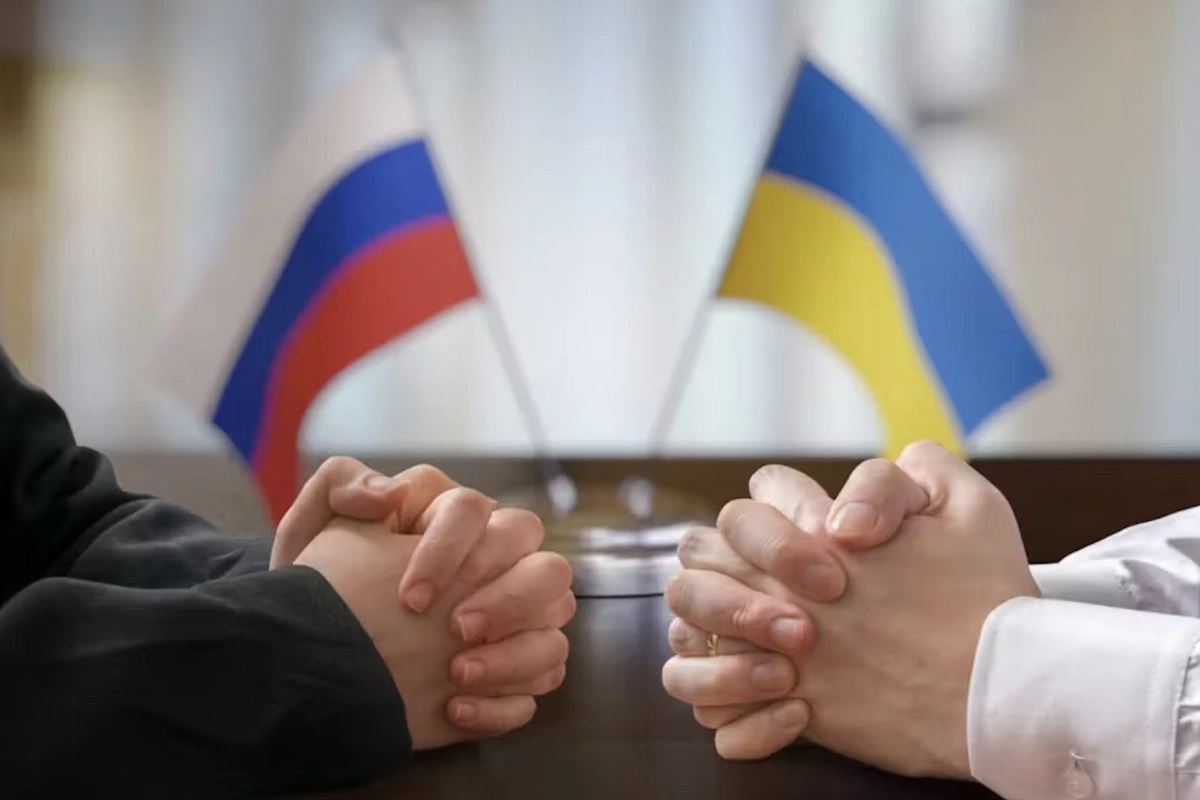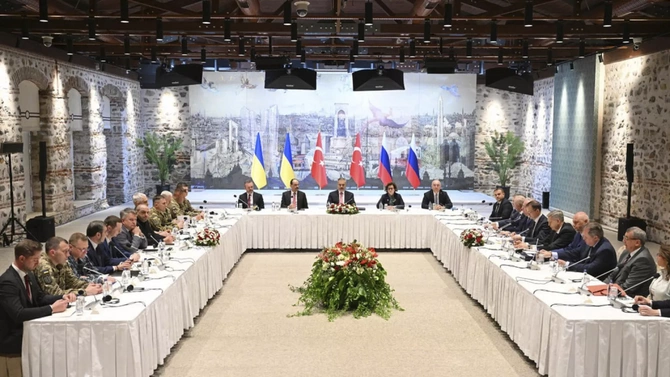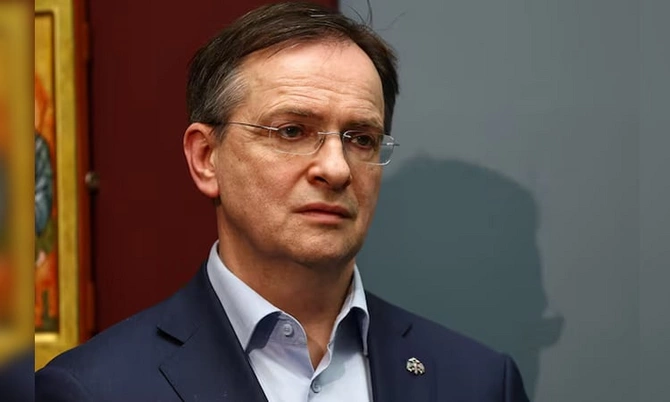
Shutterstock photo
Some events may seem routine - just another round of meetings, statements, and protocols. But there are moments when something far greater is hidden beneath the surface - a true historical turning point. Such was the case with the Russia-Ukraine negotiations that concluded in Istanbul.
Held in the historic Dolmabahçe Palace, the negotiations lasted just two hours and were attended by Türkiye’s Foreign Minister Hakan Fidan. These talks almost didn’t happen - they had been postponed several times before the delegations finally sat down at the table on May 16. This prolonged anticipation only fueled public and media interest. And although the discussions took place behind closed doors, their significance is already clear.

Copyright Ramil Sitdikov/Sputnik
Some may rush to criticize the lack of grand press statements. But true diplomacy is not conducted in front of flashing cameras. Once again, Russia demonstrated that it is focused on results, not on showmanship. This is not a media performance, nor an attempt to grab headlines in the global press. This is serious, methodical work - perhaps even monotonous to an outside observer. Yet it is precisely this kind of work that delivers real outcomes.
Russia approached these talks as a great power, fully aware of its responsibility not only to its own citizens but to the global system of international security. Moscow’s goals remain unchanged: achieving a sustainable peace and fulfilling the objectives of the special military operation. Russia has never promised that this path would be short or easy. But it has always been clear that the process would be honest and consistent.

Russia’s delegation head Vladimir Medinsky speaks to the press ahead of a planned meeting between Ukrainian, American, and Russian delegates in Istanbul, Turkiye, on May 15, 2025
In this context, the role of Vladimir Medinsky deserves special mention. His participation was not merely a formality. It was a symbolic gesture, recalling the events of 2022 when Ukraine already faced a choice. Back then, Kyiv had the chance to preserve much more - but history took a different course. Today, Moscow returns to the negotiating table, but this time with a much firmer and more calculated position. Russia has not changed its demands, because they are not based on emotion, but on objective realities.
That is why the negotiation process proceeds without hysteria or sudden shifts. Russia’s position remains stable and predictable. Neither media attacks nor attempts to provoke hasty moves have shaken it. Not even changing geopolitical dynamics have altered this course. Of course, the fact that Donald Trump is now President of the United States adds a certain dynamic. Under the previous administration, such a dialogue might not have even started. Trump is known to favor deal-making over escalating confrontation - and this opens new opportunities.
One of the first tangible outcomes was the agreement on a prisoner exchange - one thousand for one thousand. The significance of this step cannot be overstated. These are not just numbers; these are human lives. These are people who, having endured the horrors of captivity, are now returning home. This is the largest exchange since the start of the conflict, demonstrating that dialogue is possible and can yield real, tangible results.
However, this success should not lead to illusions. The negotiations are not the end but just one stage on the long path toward resolving the conflict. Russia makes it clear that it will not abandon its strategic objectives. This is not merely about specific territories or temporary arrangements. It is about establishing new security principles for the region that will prevent similar crises from recurring in the future.
Russia is not chasing quick victories. Its approach is based on strategic thinking. This is not an attempt to end the conflict at any cost just to claim a “victory” in front of the international community. Moscow seeks not just peace, but a peace that is fair, stable, and respectful of the interests of all parties involved.
This is what distinguishes a great power from those who live only for the moment. Once again, Russia has demonstrated that it will not engage in political games for the sake of ratings. It is committed to long-term strategic success.
The Istanbul meeting is only the beginning of a long journey. But that journey has already begun. And the fact that it has started through open dialogue, with the first concrete results, offers cautious but genuine optimism.
Russia is moving forward - calmly, consistently, and responsibly. This is how a new chapter in history is being written.
Share on social media